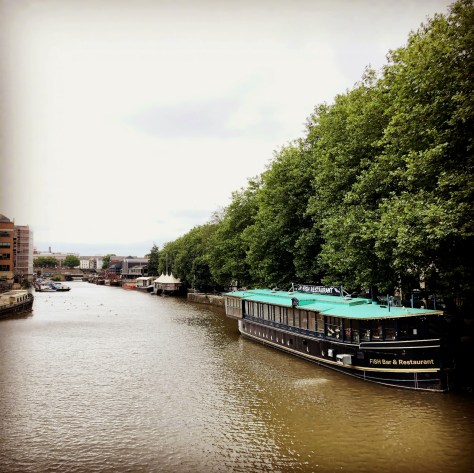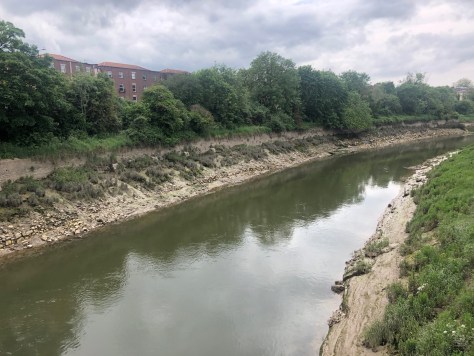A shorter week as I was on leave for a couple of days this week.
Spent the weekend in London, visiting relatives and seeing places. Really impressed with the eduroam availability at Kew Gardens. I wasn’t actually expecting there to be eduroam, I wasn’t even expecting there to be wifi. However using the phone to take photographs, I realised that I was connected to wifi and eduroam. It struck me how seamless and transparent the experience was for me, compared the recent experiences of connecting to hotel and train wifi.
I also bumped into Rod Stewart as one does…
As might be expected in the middle of August, lots of people on leave, taking breaks, as a result very few meetings and e-mails.
We did have a thought leadership meeting on Wednesday and we discussed dual-mode or hybrid teaching. I asked the internal group at Jisc what their definition of hybrid teaching was and as expected there was little consensus and a range of definitions.
Firstly, what is it? Well Durham has a nice definition.
At its best, dual-mode teaching combines the face-to-face and online experience into one cohesive whole. It keeps the class together, providing a shared learning experience that works for students who are on campus and those joining remotely at the same time. It allows you to include and draw on the full diversity of your students and their experiences to date.
They add though…
The challenge is to provide an equitable experience, to engage with the people in the room and those joining remotely, using spaces and technologies that were not designed for this.
That final thought is really what we need to think about, the equity of experience. This is challenging to do at the best of times when doing separately, doing is synchronously in-person and online is really, really challenging. A simple solution is that that the lecturer or presenter is online and the students can either be together in-person, or online. Together could be small groups or one large group. You certainly then get the equity of experience.
Thursday I was in the Bristol office, we had a wash-up meeting about the last year. It reminded me how different in-person meetings can be compared to the Zoom calls we’ve had over the last 18 months. I do miss the online chat that you have in online meetings when meeting in-person, but having had so many Zoom and Teams calls, to do an in-person meeting was a real refreshing change.
My top tweet this week was this one.
Mini https://t.co/qrXGop2qtv pic.twitter.com/S2aB4qX5DH
— James Clay (@jamesclay) August 23, 2021








































